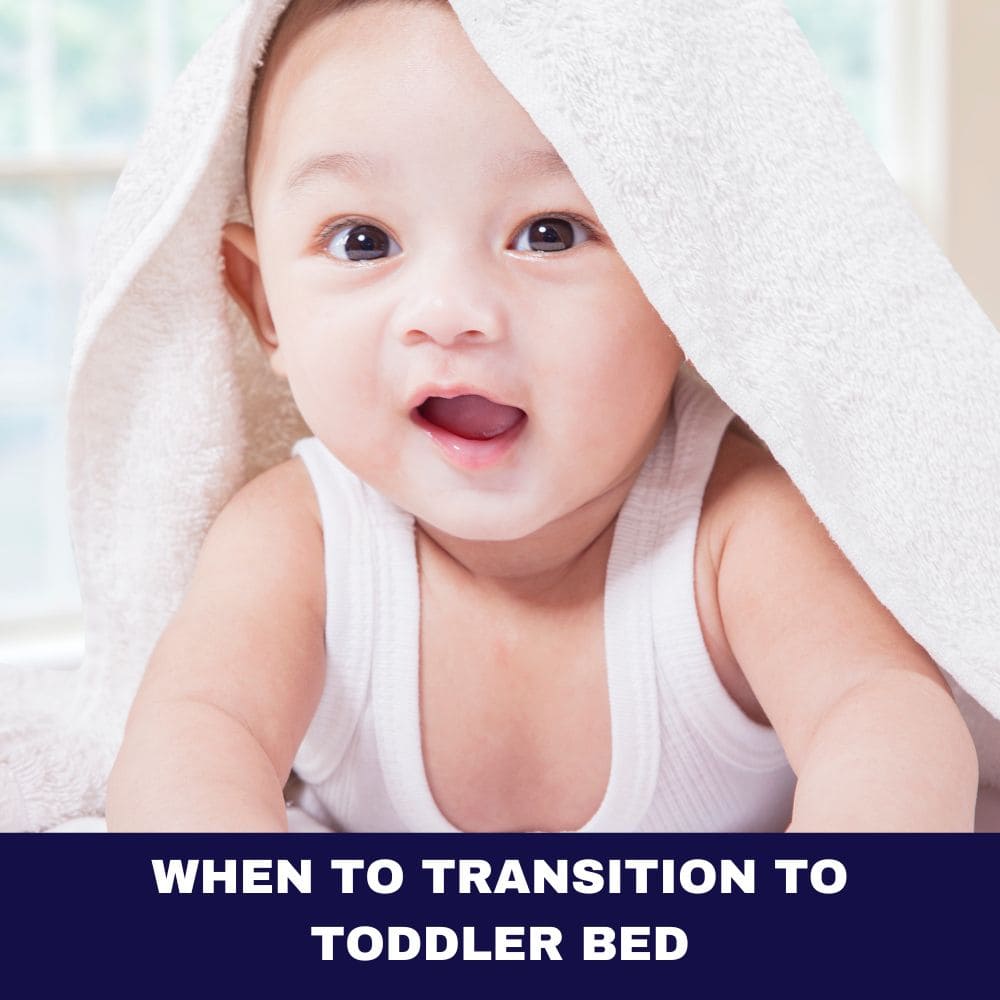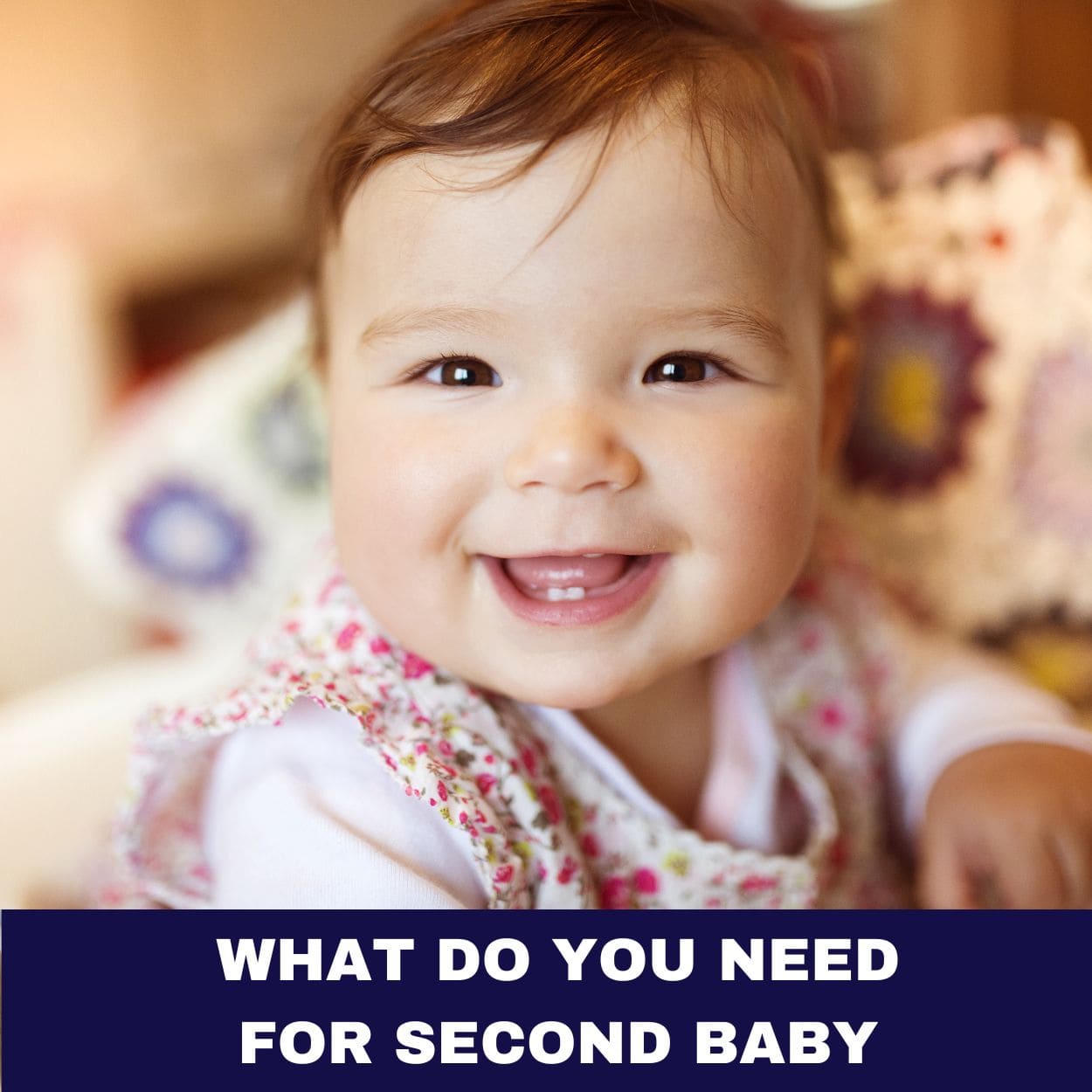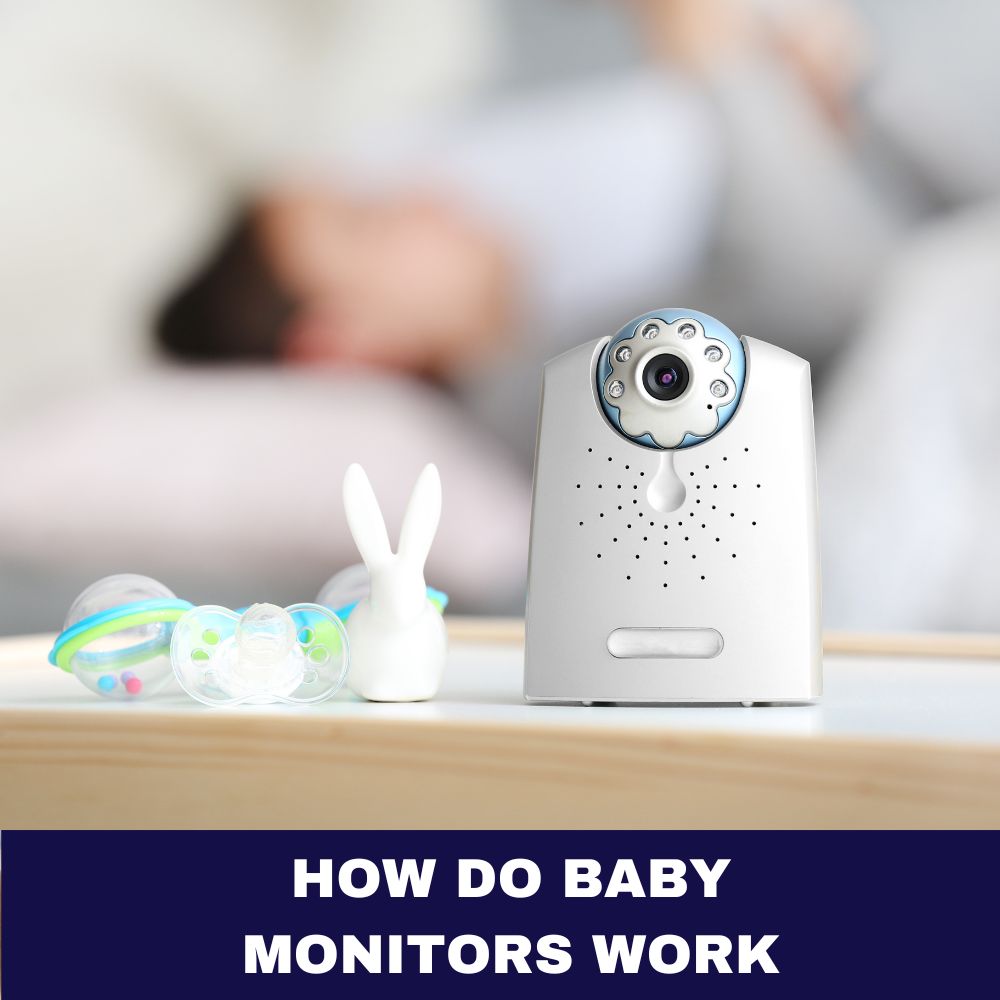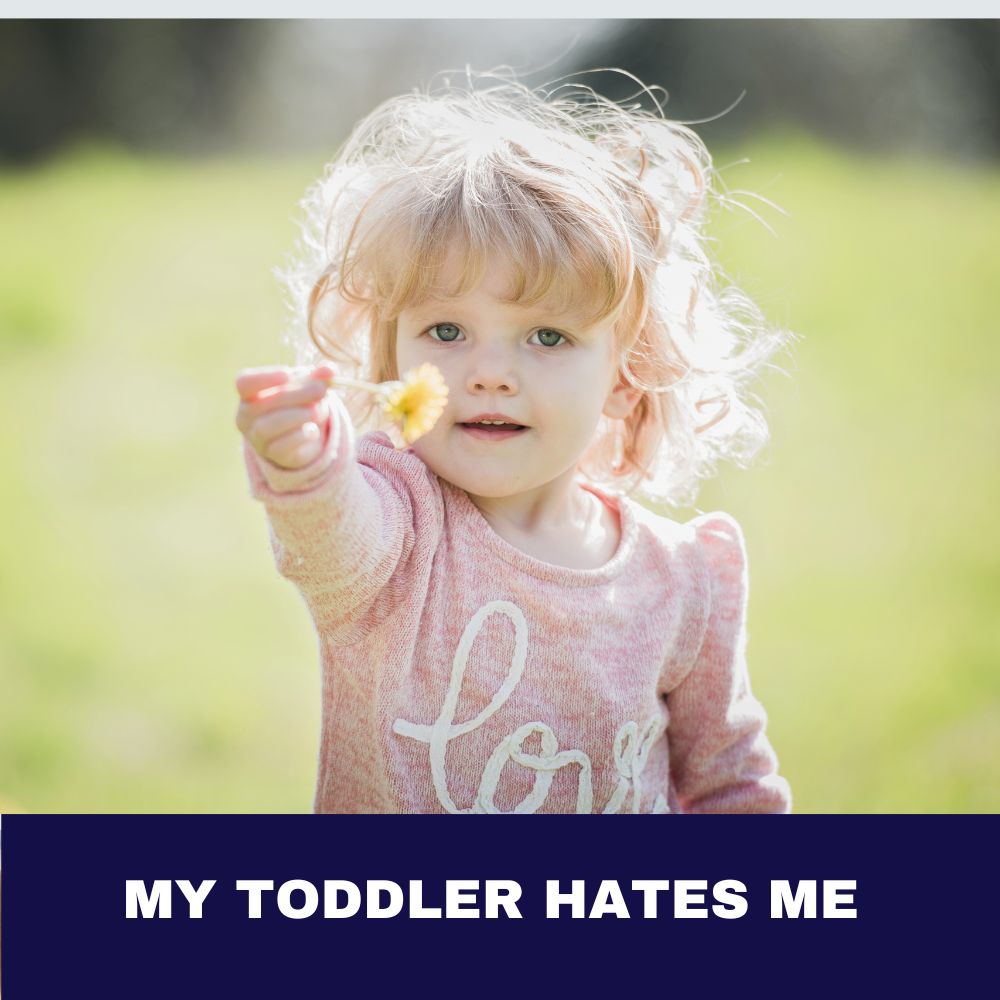As a parent trying to manage a sick baby won’t sleep, I understand how stressful it can be when your little one struggles with disrupted sleep. Between battling stuffy noses, painful ear infections, mysterious tummy troubles, and other common childhood illnesses, there are so many potential culprits behind your baby’s sleep problems.
When my daughter was fussy with an ear infection last month along with erupting molars, the poor sick baby would wake up crying every hour the entire night. Forget a restorative nap – she just couldn’t ever get comfortable enough with the teething pain and congestion to sleep for more than 20 torturous minutes. As all moms of unwell babies know, nights like those feel neverending and are completely exhausting.
After many pediatrician visits to address the baby’s sleep disruptions and a whole lot of trial and error, I uncovered some surprising reasons why babies commonly struggle to achieve quality sleep when they’re under the weather. I also picked up some handy tricks from pediatricians and other moms for soothing sick, overtired babies to finally get some much-needed rest.
If your sick baby is having serious trouble sleeping comfortably, take heart in knowing that all parents face these difficult nights. Here are 9 insights behind illness-related infant sleep disruptions, plus reassuring solutions to help your little one (and you!) get better rest.

Reasons Why a Sick Baby Won’t Sleep
Difficulty Breathing Through Stuffy Nose
When my baby had a cold recently, the nasal congestion and stuffiness made her breathing loud and uncomfortable all night long. From colds and flu to allergies and other baby illnesses, inflammation and excess mucus buildup can make it extremely difficult for little babies to breathe properly when lying flat to sleep. The resulting noisy, mouth-breathing sleep prevents infants from entering deeper sleep cycles, so it’s never very high quality or restful.
To relieve troublesome nasal stuffiness so your baby can breathe easier in the crib, try using natural saline drops and a gentle nasal aspirator to loosen and suction out excess mucus. Also, consider adding a cool mist humidifier to the baby’s sleep environment to further open congested airways if the room air feels dry. As counterintuitive as it seems, letting a stuffed-up baby sleep propped up slightly inclined can also promote better drainage and breathing than laying completely flat. But never use loose blankets or pillows due to SIDS concerns.

Discomfort from Fever, Chills, Aches
Ear infections, flu and other contagious viruses often cause miserable fever spikes, chills, and body aches that peak painfully at night. It’s understandably impossible for an uncomfortable, unwell baby to get fully relaxed and drift into a deep, peaceful sleep when battling these disruptive symptoms.
While you can’t immediately cure the illness causing the discomfort, you can help relieve some of the achiness by giving the proper dosage of infant acetaminophen (Tylenol) or ibuprofen (Motrin) to gently reduce fever per pediatric guidance. Also, try a soothing massage with lavender lotion before bed, an oatmeal bath to lower skin temperature, and comfortable sleep attire that’s not too hot and not too cold. Finding that sweet spot of cozy can provide relief.
Coughing Fits and Irritated Throat
The post-nasal drip, sore scratchy throat, and frequent coughing fit that accompany colds, flu and chest congestion can constantly rouse a baby all night. And when daytime naps are continually disrupted by illness discomfort too, overtiredness snowballs quickly.
Unfortunately, over-the-counter cough suppressants are not recommended for babies under 6 months old. Instead of medicine, try elevating the baby’s head while sleeping to utilize gravity, using a cool mist humidifier to minimize throat tickles, and offering small sips of water if old enough to help ease the urge to cough. Children over age 1 can be given a small spoonful of honey to coat and relieve coughs, but never give honey to reduce coughing in infants under 12 months due to infant botulism risks.
Medication Side Effects
While OTC cold medications like decongestants and antihistamines can provide some relief from miserable stuffy nose and sneezing symptoms, they can also have undesired side effects to watch out for. Many of these drugs contain stimulants that can make it difficult for children and babies to feel drowsy and properly wind down to sleep.
Always carefully check medication labels and ask your pediatrician before giving any drugs to your baby, even non-prescription ones. Be aware of potential side effects like excitability and insomnia so you don’t assume other illness symptoms are causing your baby’s sleep troubles when it may be the cold medicine itself. Consider giving lower doses earlier in the day and limiting overall use if the baby’s sleep becomes significantly more disturbed.
Increase in Nighttime Feeds
If your baby is suddenly waking up demanding more night nursing or bottle feeds than usual, it’s most likely because sickness symptoms are triggering the instinct to feed more frequently. The comforting sucking motion helps distressed babies feel calmer and the close snuggling provides much-needed soothing when not feeling well. But the trade-off is multiple disruptive wakings that interfere with sleep cycle organization.
Try to be patient with responding to additional nighttime feeding needs while the baby recovers without frustration. If congestion makes efficient feeding difficult, try saline drops and gentle suctioning before nursing to open stuffy nasal airways. Also, encourage plenty of feeding during daylight hours so night feeds don’t increase too drastically or accidentally become an enduring sleep association after the illness passes.

Daytime Sleep Crutches to Avoid
It’s understandable to want to do anything possible to help a miserable, unwell baby get some rest. However allowing improper sleep crutches during illness can lead to negative habits. Car seats are not safe for extended infant sleep, especially unattended. And letting a sick baby sleep upright on your chest may become an undesirable sleep association once health rebounds. As challenging as it is limiting comforting holding to awake periods, aim to put the baby down drowsy but awake for napping as much as possible.
Consider babywearing during the day to keep your little one close while still promoting healthy sleep habits. Take shifts caring for the baby with a partner or friend so you can take a brief restorative nap too – just never sleep together on couches or chairs. Don’t undermine the sleep foundation you worked so hard to build. With consistency, your baby will feel comforted by their normal sleep routine.
Exhaustion from Illness Fighting
It’s far too easy for concerned parents to forget that quality sleep provides the essential recharging babies desperately require to muster the internal strength to get better. But recruiting the body’s resources to actively fight infection causes extreme fatigue even as it makes high-quality sleep unlikely. The resulting overtired, sleep-deprived baby struggles even more to initiate sleep.
During sickness, the priority should be encouraging sleep whenever possible with daytime nap extensions whenever possible, earlier bedtimes, and later wake-up times to allow for restorative rest. Try to make calming bedtime routines extra peaceful with dim, relaxing lighting, white noise, and extremely gentle rocking motions to help overcome discomfort that interferes with winding down. And rule out other physical needs like wet diapers, light pajamas, and adequate warmth so sheer exhaustion can hopefully take over.
Disrupted Sleep Schedules
As tough as it is to regulate sleep training parents, letting sick babies sleep whenever and wherever they can get relief is often necessary when battling illness. Fevers, general discomforts, and medication side effects can all interfere with age-appropriate nap schedules and consistent bedtimes. Overtired babies unsurprisingly resist sleep even more without schedule stability.
The recommendation is to focus less on sticking to an exact regimented clock schedule and more closely follow the baby’s drowsiness cues during sickness recovery. Allow somewhat longer nap durations as needed, but try capping total daily sleep hours to the age-based guidelines babies thrive on. Continue bedtime routines at a consistent habitual time after the last nap even if the timing wavers slightly earlier or later. Maintaining healthy sleep associations and limits prevents negative schedule disruptions so sleep training stays intact after sickness passes.
Now that you know what common culprits lead to miserable sleep troubles when babies are under the weather, let’s talk about reassuring solutions! Try these tips to help your sick little one finally get some healing rest.

Solutions and Tips to Help Sick Baby Sleep
Adjust Sleep Position for Better Breathing and Ear Comfort
Lying flat on the back worsens nasal and chest congestion issues by allowing gravity to work against open airways, leading to poor sleep quality. For breathing relief, prop up one end of the baby’s crib mattress to create an incline or try transferring your baby to a rock n’ play sleeper with a built-in incline. Just never leave even a sick infant unsupervised.
Relieving pressure on painful ear infections may also help a sick baby gain comfort more easily. As long as the baby is supervised and positioned securely, allow whatever sleep angles provide the best relief.
Use Humidifiers and Saline for Stuffy Noses
Cool mist humidifiers can provide nightly relief to dry sinuses that contribute to baby congestion and make sleep a challenge. Clean humidifiers thoroughly and frequently to prevent harmful mold risks. Natural saline drops loosen mucus secretions so stuffiness is relieved when manually suctioned out properly with an aspirator. Be extremely gentle and cautious in inserting the nasal aspirator tip to prevent damage.
Give Soothing Massages and Warm Baths
For babies battling the miseries of fever, body aches, coughs and general illness discomfort, try relaxation techniques like gentle baby massage with vanilla-scented lotion before bed or a warm (not hot) oatmeal bath to lower skin temperature and relax tense muscles before sleep. Keep bedtime baths dimly lit, soothingly warm, and filled with calming baby music to set the stage for better sleep.
Ask Your Pediatrician About Appropriate Fever Reducers
Lowering a high fever can provide significant relief improving your sick baby’s ability to fall and stay asleep. Check with your pediatrician about whether appropriately dosed acetaminophen (Tylenol) or ibuprofen (Motrin/Advil) may be suitable based on your baby’s age and weight. Use medicine timer apps as reminders to alternate doses exactly as medically directed. And avoid combining fever reducers without explicit medical approval.
| Symptom | Infants under 3 months | Infants 3-6 months |
|---|---|---|
| Fever higher than | 100.4°F (38°C) | 103°F (39.4°C) |
| Fever lasting over | 72 hours | 72 hours |
| Lethargy/difficulty waking | Any instance | Any instance |
| Labored breathing | Any instance | Any instance |
| Blue lips or fingernails | Any instance | Any instance |
Setting Up the Sleep Space for Comfort
Creating an ultra-soothing sleep environment can make a big difference in helping a miserable, sick baby get quality rest. The ideal temperature for infants is between 68-72° F (20-22° C). Dress baby in light, breathable natural fiber sleep clothing appropriate for the room temperature, and tuck securely into a wearable blanket or one-piece sleep sack to prevent any loose bedding hazards. Consider running a cool mist humidifier during sleep periods to ease congestion and coughs.
Many parents find white noise machines block out disruptive coughs or sniffles to promote uninterrupted sleep. Experiment to find which calming sounds your baby prefers, like rain, ocean waves, or static. With pediatric guidance, you can also add a small amount of infant-safe aromatherapy, like lavender oil, to the humidifier to infuse the sleep space with a relaxing scent. Focus on making the crib an extra cozy oasis of comfort.
Keep Baby Close in Co-Sleep Space for Extra Night Comfort
It’s exhausting having to fully rouse each time your uncomfortable sick baby cries out every hour from a separate room. Consider keeping the baby closer using a co-sleeper bassinet safely attached to your bed or a side-car crib arrangement allowing you to immediately tend to needs by just rolling over to gently comfort baby back to sleep. Ensure the device safely meets approval for unattended infant sleep. As health rebounds, gradually move the co-sleep space farther away.
Catch Up With Healing Nap Sleep as Needed
Don’t reduce daytime sleep, which healing babies need just as much when unwell. Allow longer napping as desired, but do cap total daily sleep hours to age recommendations that promote better night sleep. Prioritize securing at least one quality morning nap, and put the baby down drowsy in the usual nap routine. If a baby’s sleep needs to shift after sickness, your pediatrician can advise re-establishing healthy habits.
Maintain Soothing Pre-Bed Rituals for Sleep Stability
Be equally as consistent with calming bedtime routine activities like warm baths, massages, pajamas, stories, and songs even if the clock timing fluctuates a bit when the baby is sick. Familiar sleep associations and routines will continue promoting sleep regulation skills in the long run. Expect routines to take longer or require more hands-on comfort when unwell, but persist with consistency.
I know it’s so challenging coping with unpredictable overnight wakings, fights against much-needed napping, and temporarily chaotic sleep schedules with a sick, uncomfortable baby at home. But have faith – the extra snuggles now lay the foundation for healthy sleep habits that will ultimately help your child thrive.
Sleep-promoting foods and Drinks
Certain foods and beverages can aid sleep in babies over 6 months old by soothing sore scratchy throats or providing sleep-inducing compounds. Warm, unsweetened chamomile tea contains apigenin, a flavonoid with mild sedative effects. Thinned with breastmilk or formula, chamomile can relax babies before bed. For children over age 1, a small spoonful of honey (avoid under 12 months) can coat and relieve coughs.
Warm pureed fruits like cherries contain melatonin and magnesium. Amino acid-rich foods like eggs have sleep benefits too. Avoid sugary or caffeinated foods/drinks close to bed, as the energizing effects disrupt sleep. Offer plenty of warm clear fluids like water to thin secretions. A stuffed-up nose makes eating uncomfortable, so prioritize calories during daylight.
| Food | Benefit |
|---|---|
| Unsweetened chamomile tea | Contains apigenin, a relaxing flavonoid |
| Honey | Soothes coughs and sore throats |
| Warm pureed cherries | Provide melatonin and magnesium |
| Scrambled eggs | Rich in sleep-promoting amino acids |
| Bananas | Contain magnesium and potassium |
| Warm milk | Calcium aids sleep |
Sleep Training Refresher After Illness
Once your baby recovers fully, it’s normal for sleep habits to remain a little irregular. You may need a sleep training refresher to reinforce healthy patterns again. Gradually reduce night feeds back to age-appropriate frequency and timing. Re-establish ideal nap durations and consistent, soothing bedtime routines.
If co-sleeping increases during illness, now is the time to slowly transition the baby back to the crib, using gentle sleep training techniques if the baby resists the change. Be patient, consistent, and responsive. Your hard work will pay off as your baby’s sleep regulates again, emerging even healthier than before thanks to your diligent care during their difficult illness.
FAQs – Sick baby won’t sleep
Why does my baby keep waking up all night when sick?
A:Fever, chills, congestion, coughing, and medication side effects often disrupt sleep. Discomfort prevents good quality rest. Prioritizing comfort helps baby sleep more.
Should I give sick baby medicine to help them sleep?
Ask your pediatrician if safe pain/fever reducers may help relieve discomfort so baby sleeps better. Never give medication without medical guidance.
Will a humidifier help my stuffed-up baby sleep?
Yes, cool mist humidifiers can ease congestion and coughs so baby breathes easier. Pair with saline drops and gentle suctioning too. Ensure humidifier stays clean to prevent mold.
How can I get my clingy sick baby to sleep alone?
Extra comfort is understandable when sick. Try co-sleepers and gradual withdrawal. Re-separation may require gentle sleep training when well if clinginess persists.
When do I need to seek medical help for a sick baby?
Call your pediatrician if fever exceeds 3 days (under 2 months old), if baby is extremely difficult to wake, displays labored breathing, or if you have any worries about more serious illness.












